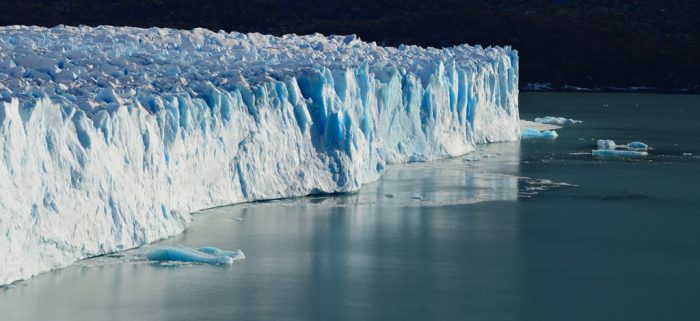COP23, chaired by Fiji, has just finished up in Germany. Here’s a quick run down of the main talking points.
1. Syria is joining the Paris Agreement
When Donald Trump announced he would pull the US out of the Paris Climate Agreement, the only other countries not in were Nicaragua and Syria. Nicaragua has since joined and Syria announced at COP23 that they will join, despite still being gripped by civil war. This leaves the US as the sole country moving away from the international accord.
2. The US is less “out” than we feared
Despite the Trump government’s official proclamation, the We Are Still In coalition was making a lot of positive noises at COP23. Representing over $6.2 trillion of the American economy, the alliance of states, tribes, cities and businesses has pledged to continue working on climate solutions regardless of the government’s stance.
COP23 also saw the launch of America’s Pledge, a separate but parallel initiative headed by Michael Bloomberg and California Governor Jerry Brown, aiming to keep tabs on progress made in the US.
3. A financial agreement for developing nations has been reached
A key aspect of COP23 was coming to a consensus on how to best help developing nations deal with the consequences of climate change. Such an agreement has been reached after much negotiation, with the Adaptation Fund being made part of the Paris Agreement in exchange for not including “loss and damage” compensation.
4. Countries are moving away from coal
The Powering Past Coal alliance, spearheaded by the UK and Canada but featuring 18 other nations plus several states and organisations, seeks to reduce coal use and reduce the emissions of what remains. It’s a stark contrast to the Trump government’s promotion of coal as the way forward.
5. Progress has been made, but there’s still a long way to go
A number of small but positive developments were made at COP23, and although it seems like the vast majority of the world is moving forward these types of international discussions always take time.
While some steps forward have been made, there are many more ahead. The next waypoint is the 2018 summit in Katowice, Poland, so we’ll have to see where things stand then.
This article was written as part of my November writing challenge, a NaNoWriMo-inspired attempt to write one short, snappy article a day in November. Please excuse brevity, but let me know if I’ve missed anything important!

